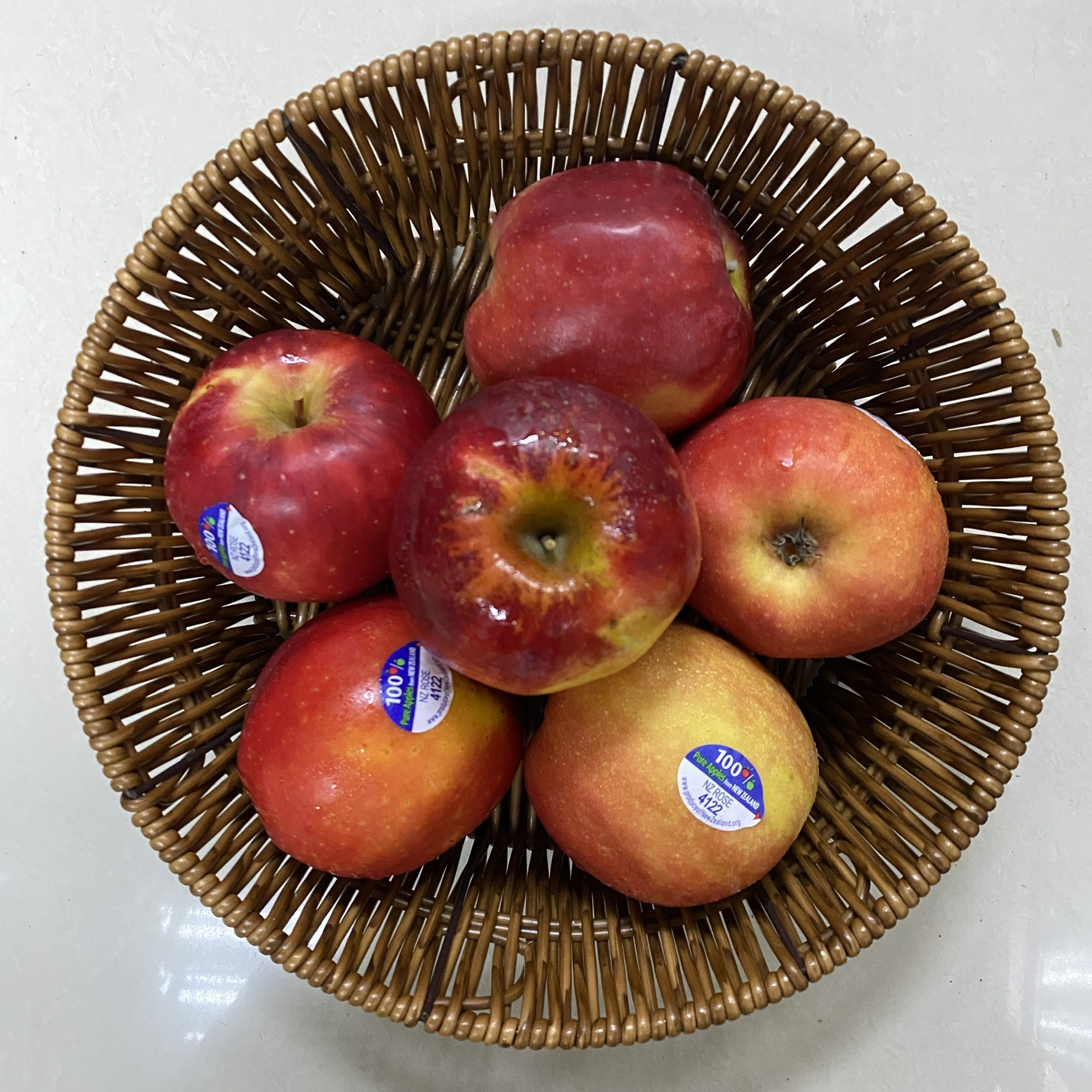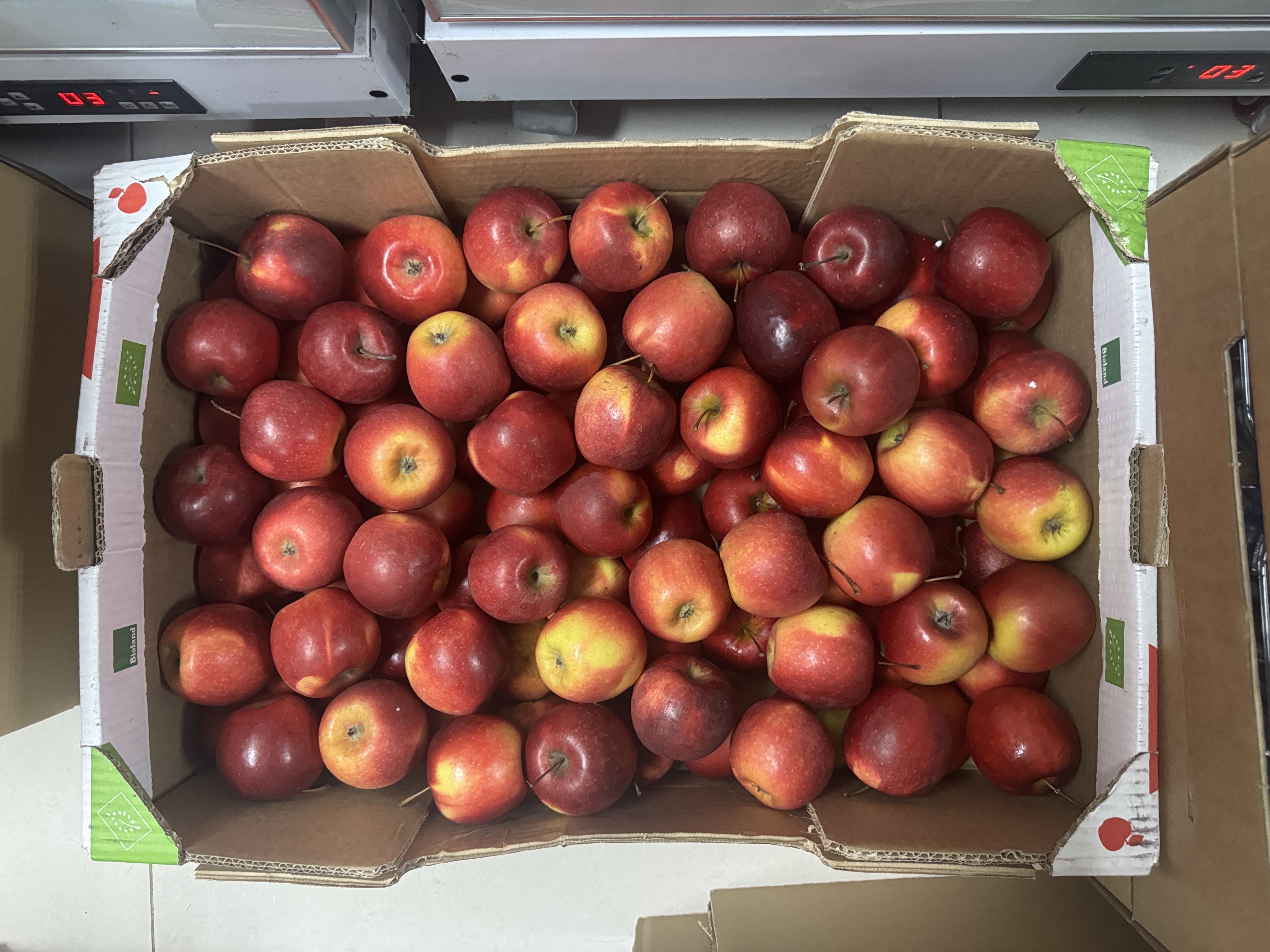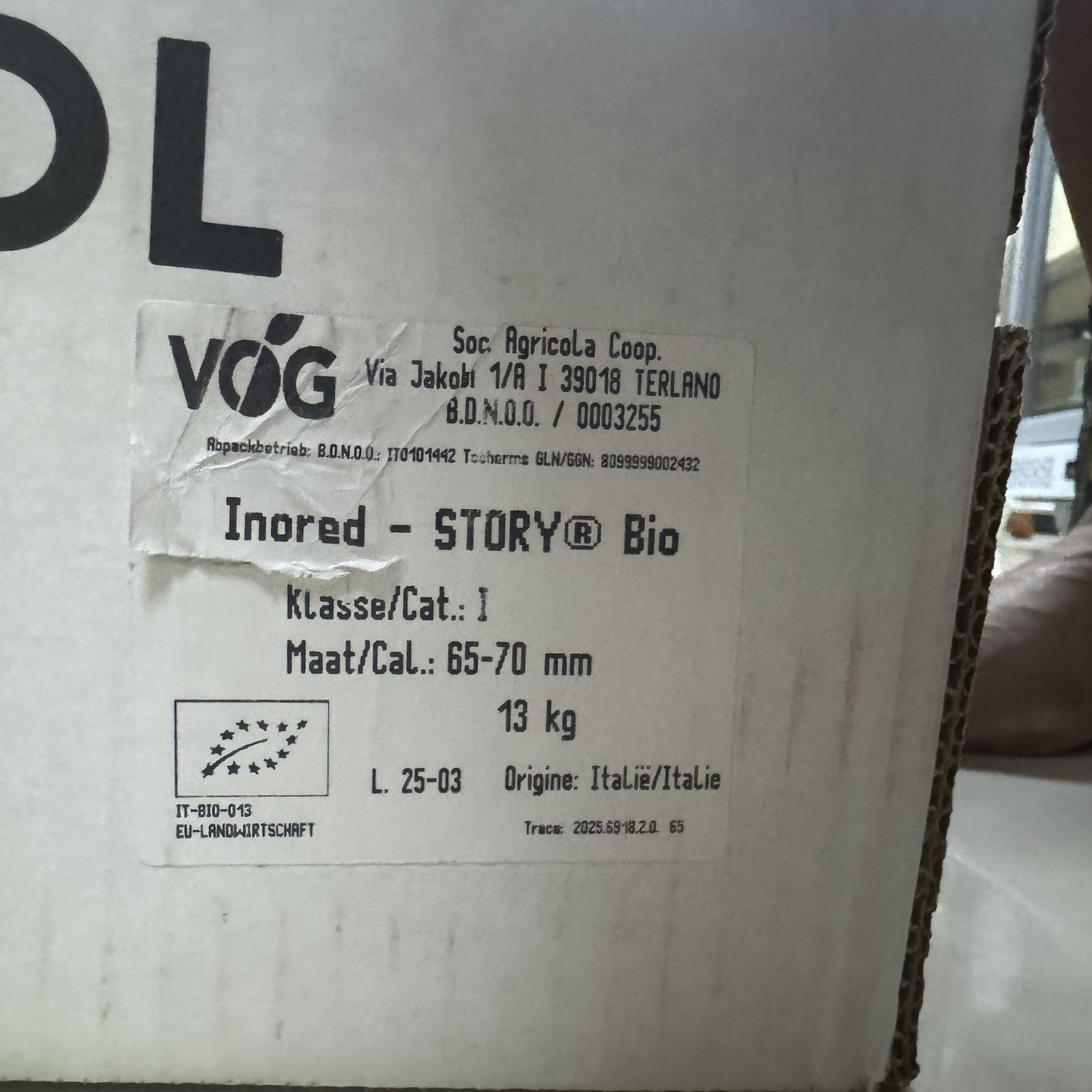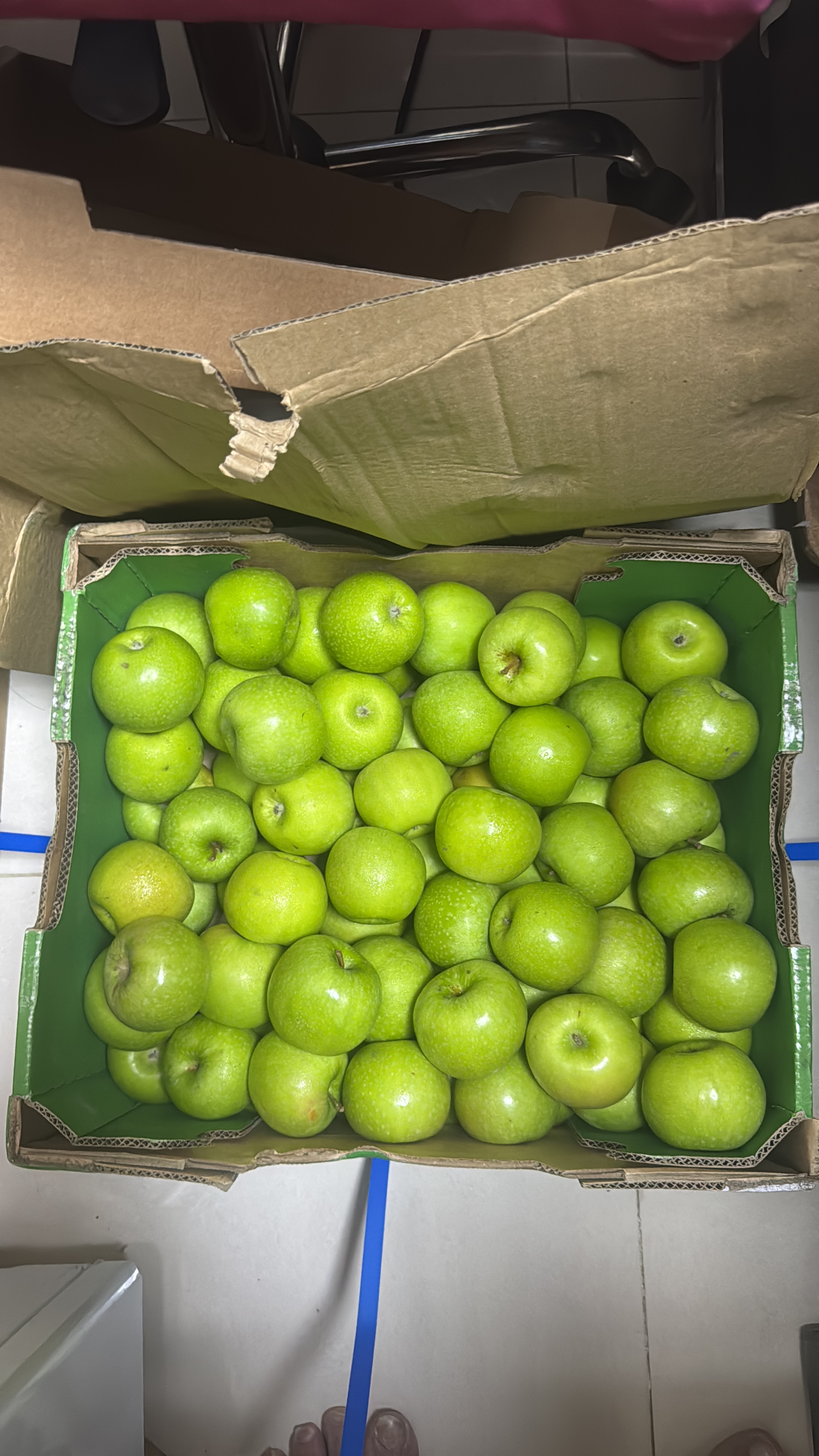Apple often uses a variety of chemicals


3 Benefits of Eating Apple Peels




{{ 'fb_in_app_browser_popup.desc' | translate }} {{ 'fb_in_app_browser_popup.copy_link' | translate }}
{{ 'in_app_browser_popup.desc' | translate }}
{{word('consent_desc')}} {{word('read_more')}}
{{setting.description}}
Order Checkout Notes: When selecting a delivery option, please carefully choose the district, as incorrect information will affect your progress to checkout
We proudly present our locally bred Ping Yuen Chicken, Tin Hong Chicken. For the best chickens, come to us!
SF Express charges HK$10 for deliveries to remote areas of Hong Kong. Please inform SF Express staff that this fee will be paid by Healthy Express.
Order Checkout Notes: When selecting a delivery option, please carefully choose the district, as incorrect information will affect your progress to checkout
We proudly present our locally bred Ping Yuen Chicken, Tin Hong Chicken. For the best chickens, come to us!
SF Express charges HK$10 for deliveries to remote areas of Hong Kong. Please inform SF Express staff that this fee will be paid by Healthy Express.
Order Checkout Notes: When selecting a delivery option, please carefully choose the district, as incorrect information will affect your progress to checkout
{{ childProduct.title_translations | translateModel }}
{{ getChildVariationShorthand(childProduct.child_variation) }}
{{ getSelectedItemDetail(selectedChildProduct, item).childProductName }} x {{ selectedChildProduct.quantity || 1 }}
{{ getSelectedItemDetail(selectedChildProduct, item).childVariationName }}






Help
Your First Time Shopping Tips 🙋🏻♀️
Delivery Schedule 🚚
Your Orders 📦
Payment Instructions 💳
Your Feedbacks 🌷
Resolution Centre 🤝
Delivery Arrangement During Typhoon 🌬
About Medical Information
Privacy Policy
Contact
Telephone / 35651770 / 94697496
Address : Mailbox No. 55, Ma On Kong Tsuen, Pat Heung
Office Hour / 9am-8pm
Email / info@healthyexpress.hk
Awards
TVB ESG Special Recognition Award 2025 🎖️
Green Online Shop 🌱
BOCHK Corporate Environmental Leadership Award 🏅
Silver Award Winner of HKAEE 2023 🥈
HKORC Quality Organic Retailer ✅
HKRMA Reputable Quality Online Store 2025 🏅
Eat Local Affliated Retailer 🥦🐟
Hong Kong Green Organisation 🏅
Food-Co Donator
Shopline Social E-commerce Best Performing Store🏅 (February 2023)











Please note that we will not notify you of changes to your payment method by phone or text message. Please check for the latest fraud prevention tips.
Copyright © 2022 Healthy Express Organic Shop. All rights reserved.